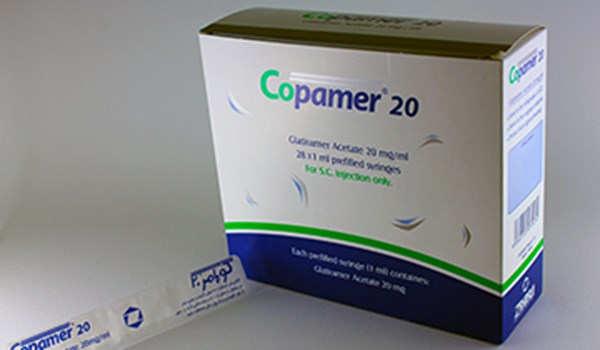Iran Ends Israel’s Monopoly on Production of Strategic MS Drug
Iran's pharmaceutical scientists made a major breakthrough in the treatment of multiple sclerosis (MS) and managed to produce a drug called Copamer which was only produced by Israel.

“Copamer is among the strategic drugs special to MS patients who production was a monopoly of Israel, but Iran’s Zahravi Pharmaceutical Firm in (the Northeastern city of) Tabriz ended the monopoly,” Mohammad Reza Siahi, an official at Tabriz University of Medical Sciences, declared on Tuesday.
He added that Zahravi is the second pharmaceutical firm in the world which produces Copamer drug.
Copamer or Glatiramer acetate is an immunomodulator drug currently used to treat multiple sclerosis. It is a random polymer of four amino acids found in myelin basic protein, namely glutamic acid, lysine, alanine, and tyrosine, and may work as a decoy for the immune system.
Glatiramer acetate is approved for reducing the frequency of relapses, but not for reducing the progression of disability.
Observational studies, but not randomized controlled trials, suggest that it may reduce progression of disability. Although the clinical definition of multiple sclerosis requires two or more episodes of symptoms and signs, glatiramer acetate is approved for treatment after single episodes.
It is also used to treat relapsing-remitting multiple sclerosis. It is administered by subcutaneous injection.







